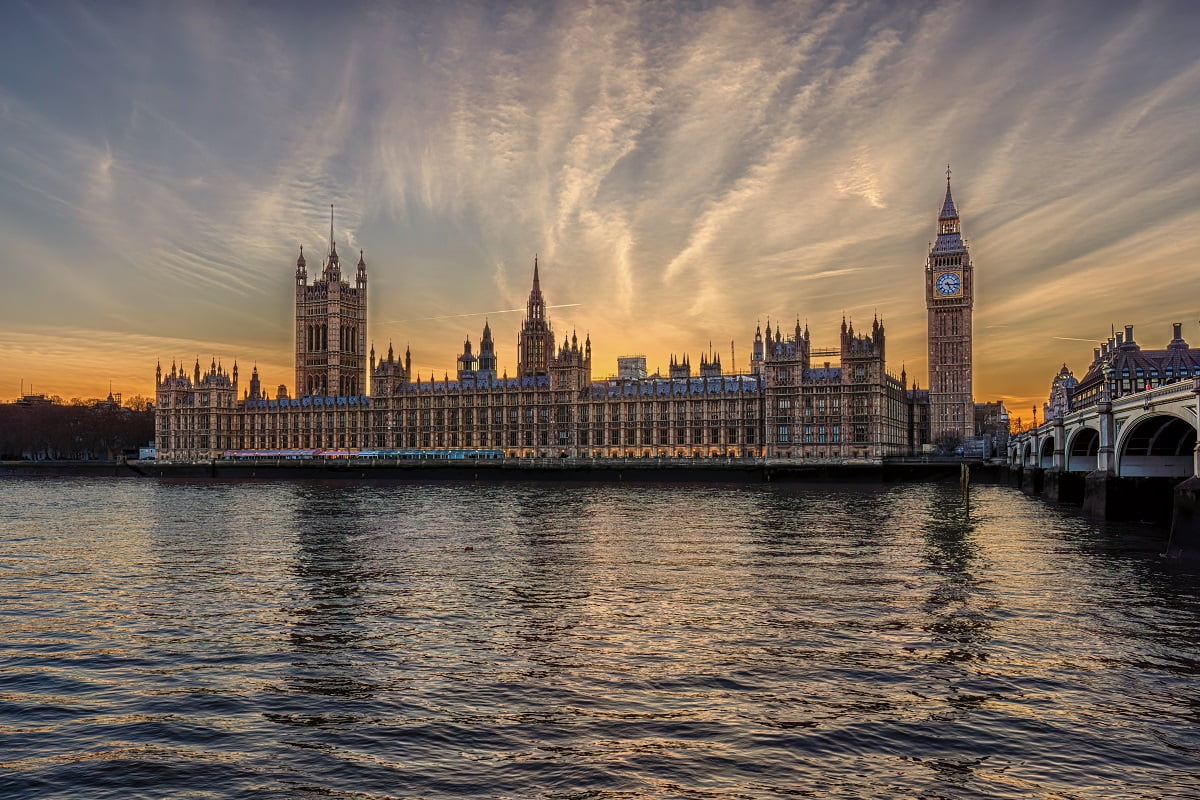States are often prisoners of their pasts. History shapes how they interact and compete in the international arena. In the United Kingdom, where enthusiasm abounds after Keir Starmer’s Labour Party romped to power, there is a fresh chance to reflect on London’s engagement with the world. The new foreign secretary, David Lammy, is calling for “progressive realism” – an approach that focuses on producing measurable results. To its credit, London has made the right noises about a productive reset with the European Union. However, much remains to be seen on how such a policy takes shape.
Political change in London and the re-emergence of the debate around the legacy of “empires” prompted me to pick up two contrasting studies on the British Empire. The political history of what is now often referred to as the Indo-Pacific is shaped by the history of European explorers traversing Asian waters from as early as the 15th century. Major European powers of the day, from the Dutch and French to the British, had their versions of the East India Company. Ruthless games of dog-eat-dog resulted in plunder, pillage and profit.
The volume contains a detailed catalogue of “British imperial achievements”, ranging from the spreading of capitalism and the survival of parliamentary institutions to the idea of liberty.
To wrap my head around the deep interconnections of the British Empire and Asia, I began with historian Niall Ferguson’s Empire: How Britain Made the Modern World. Written roughly two decades ago, the book flows from Ferguson’s personal history as a Scotsman. He admits, “To the Scots, the Empire stood for bright sunlight.” Touching upon his convictions as a young scholar at Oxford, Ferguson admits that he held a rosy picture of Britain’s past. His springtime ideas are later refined in the book, but indelibly carry a sense of nostalgia for imperial Britannia. It is in a crude sense, an act of innocuous navel-gazing.
The volume contains a detailed catalogue of “British imperial achievements”, ranging from the spreading of capitalism and the survival of parliamentary institutions to the idea of liberty. To be sure, Ferguson alludes to and does capture some of the horrors perpetrated by the British. Yet his primary argument revolves around the singular assertion that the experiences of large swathes of the world could have been much worse. It is akin to arguing that if it were not for the British, rival empires would have unleashed unspeakable savagery.

Apart from the obvious socio-cultural legacies, delving into the history of the British Empire helps one appreciate the role played by Asian states in shaping the historic balance of power in Europe. Such a trend even has contemporary relevance for Asian states today.
For example, Ferguson offers interesting historical tidbits on Imperial Germany’s desire to court Ottoman Turkey into its global strategy to thwart the British in the Middle East – the gateway to India. This would divert British resources away from the continental carnage in Europe, aiding German ambitions for Europe.
On the whole, Ferguson’s book appreciates the myriad ways in which the British Empire continues to live on in the lives of various modern states and their people. If it were not for the British, I would not be able to write to you. Forget cricket being the addiction of the teeming millions of South Asians that it is. Even Indian politicians, despite all the clamour around the de-colonisation of language, yell “shame!” at their opponents in parliamentary proceedings, which resemble verbal slingshot spectacles rather than informed debate. In Ferguson’s words, Indians may rename their cities “as many times as they like, but they remain cities founded and built by the British”.
It would be easier to take the “ghee out of his masala omelettes” than pursue a complete de-colonisation of states once under British hegemony.
Sathnam Sanghera’s Empireworld: How British Imperialism Has Shaped the Globe comes across as a carefully crafted, pre-determined foil to Ferguson’s argument. Reading the two books in quick succession is all the more revealing. Sanghera’s book is a searing indictment of the British Empire. His words are laced with moral rage.
Like Ferguson in many ways, Sanghera’s background as the son of Punjabi immigrants in Wolverhampton is the edifice on which his books are fundamentally built. Empireworld is no different. Drawing from the writings of various post-colonial scholars, from Du Bois to John MacKenzie, Sanghera dishes out the dirt that stains the imperial legacy of European states, especially the British. At one point, he sardonically argues, “It’s no more possible to talk about the British empire without mentioning racism than it’s possible to listen to Taylor Swift without being made to think about relationships.”
The book also pierces conventional ideas about the sunny aspects of the British Empire with a razor blade. For example, in contrast to Ferguson’s assertion that the British bequeathed India with a robust law machinery built on principles of justice and fairness, Sanghera provides compelling evidence to extinguish such claims. He quotes an Indian political leader from 1907: Tilak, “The Goddess of British justice though blind, is able to distinguish unmistakably black from white.”
Sanghera’s arguments are peppered with personal accounts of families whose ancestors have borne the blinding heat of the British Empire. From old plantation mansions in Barbados to Eton-inspired schools in Lagos, he argues that “British imperialism is baked into our world” and it would be easier to take the “ghee out of his masala omelettes” than pursue a complete de-colonisation of states once under British hegemony.

